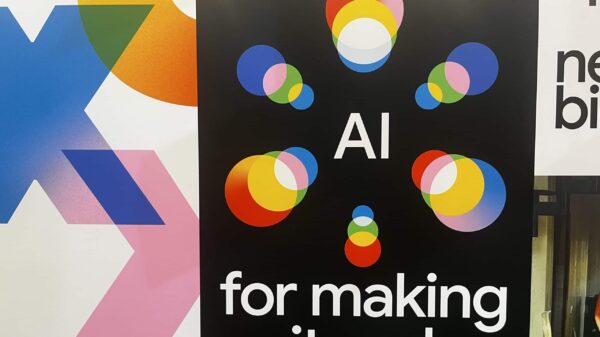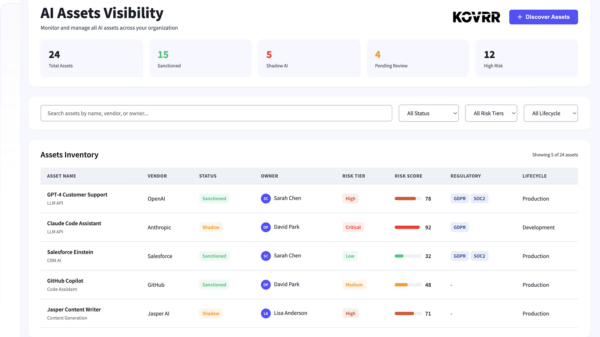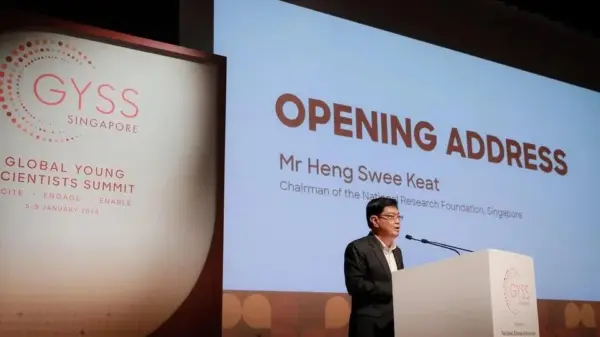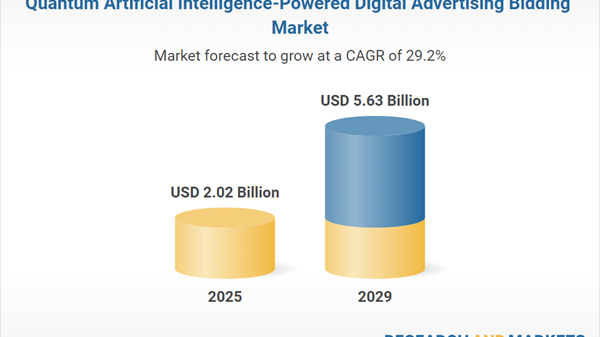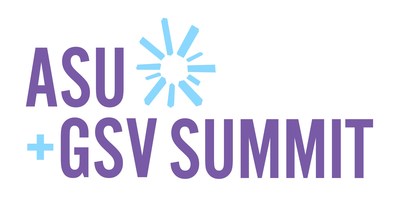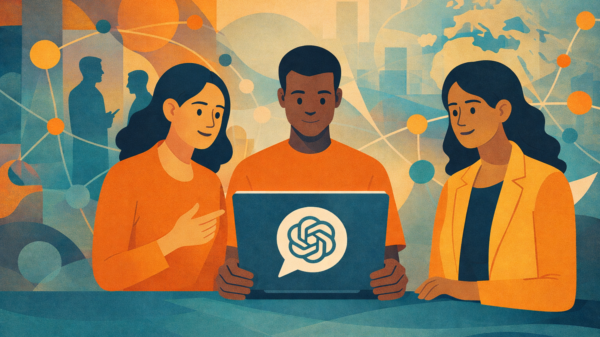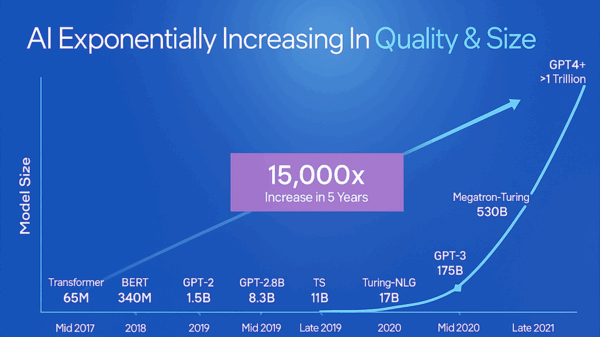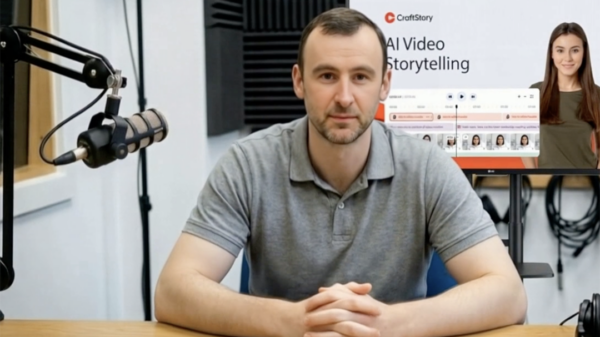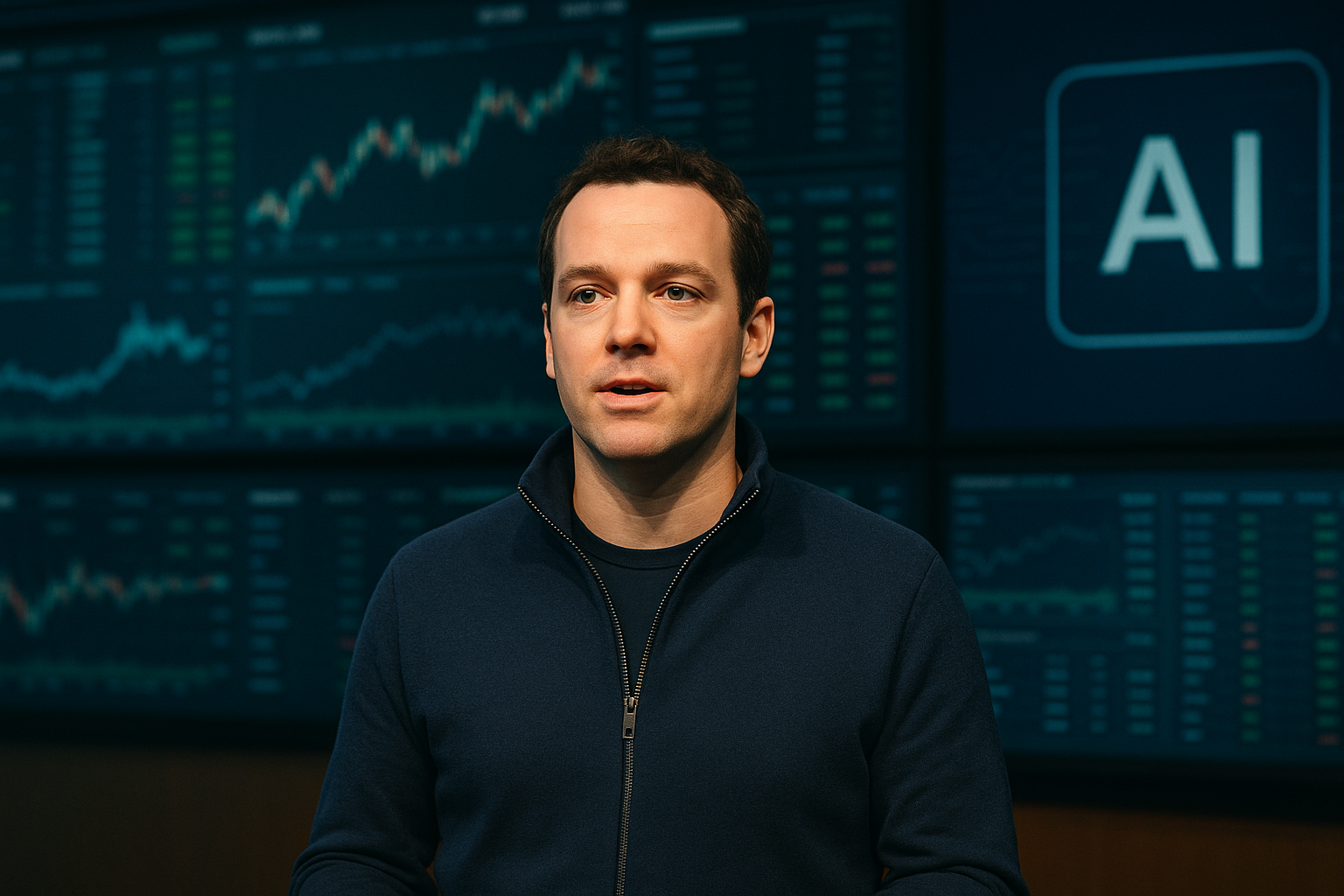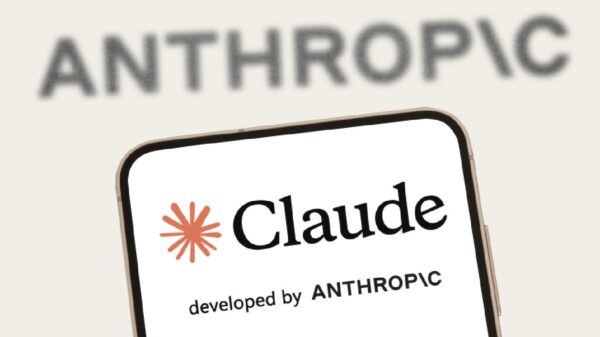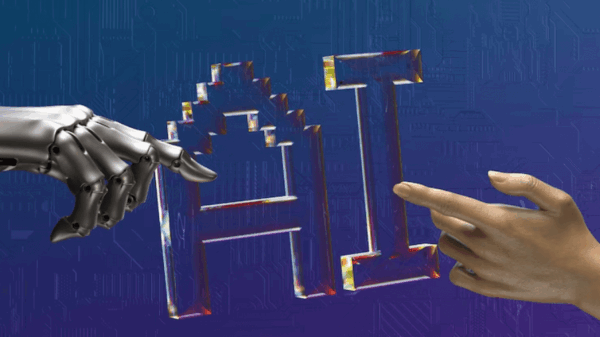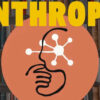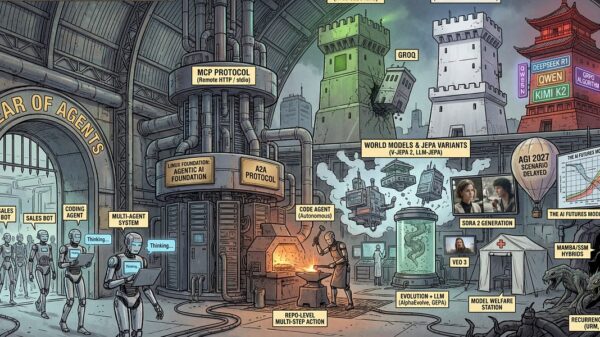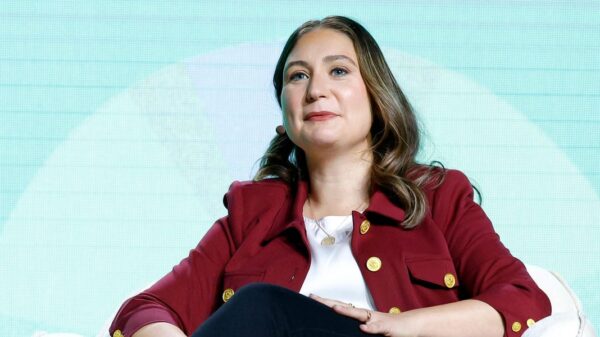In a recent episode of the “Grit” podcast hosted by Kleiner Perkins partner Joubin Mirzadegan, Gabe Gomez, co-founder of the Toronto-based AI startup Cohere, outlined the company’s impressive trajectory and their role in the financial sector. With a valuation of approximately $7 billion following their latest funding round in September, Cohere is making significant strides, particularly through partnerships with major banks like RBC and TD Bank. These collaborations leverage Cohere’s large language models (LLMs) to enhance enterprise applications.
Gomez, who previously co-authored the landmark 2017 paper “Attention Is All You Need” during his time as an intern at Google Brain, highlighted the transformative potential of AI in augmenting white-collar work. This sentiment is echoed by industry leaders, including Dario Amodei, CEO of Anthropic, who has expressed concerns that AI could potentially eliminate up to half of entry-level white-collar jobs within the next five years.
According to Gomez, the demand for AI talent is skyrocketing. “You have to pay them a lot because there’s not a lot of these people for the world,” he noted, emphasizing the limited supply of qualified professionals in the field. This scarcity is coupled with a rising demand for the capabilities that AI models provide, which excel at performing tasks traditionally handled by skilled workers.
The impact of AI is already visible in sectors such as software engineering. Tools like Cursor and advanced models such as Claude and ChatGPT have democratized coding, allowing users to create software with little to no specialized knowledge. However, industries like finance, legal, and publishing are still in the early stages of AI integration, exploring foundational applications like simple email summaries and meeting note condensing.
“It’s still so early for the enterprise,” Gomez remarked. “We’re still doing the super foundational, super—summarize this email for me. Summarize these meeting notes for me. It’s so basic, low-level. I just think there’s so much to be done.” This statement underscores the vast potential for AI to evolve beyond these initial applications, pushing towards more sophisticated functionalities.
The Next Wave of AI: Human Augmentation
Mirzadegan pointed out that the future of AI will focus on enhancing human capabilities rather than merely replacing jobs. “Isn’t that the whole point of this? We’re eating a different part of the market where it’s not seats and licenses,” he stated. Instead of competing for existing roles, AI’s transformative potential lies in its ability to augment human tasks, thereby increasing productivity and creating new opportunities within the workforce.
This perspective aligns with a broader trend in the AI landscape, suggesting a shift towards applications that empower individuals rather than simply automating processes. The potential for AI to serve as a collaborative partner in various industries signifies a major evolution in how we view technology’s role in the workplace.
As Cohere navigates this complex landscape, their partnerships with major financial institutions signal a commitment to harnessing AI’s full potential. The implications of this venture are profound, not only for the companies involved but for the entire AI ecosystem, as they work to redefine what it means to be productive in an increasingly automated world.
See also CFP Board Reveals Key Strategies for Integrating AI in Financial Planning Profession
CFP Board Reveals Key Strategies for Integrating AI in Financial Planning Profession AI Transforms Climate Finance in Africa: Strategies for Resilience and Growth
AI Transforms Climate Finance in Africa: Strategies for Resilience and Growth Australian Executives Embrace AI’s Role in Finance, 91% Fear Delaying Adoption
Australian Executives Embrace AI’s Role in Finance, 91% Fear Delaying Adoption Nvidia Surpasses Q3 Earnings Estimates with $65B Revenue Forecast, Stock Jumps 5%
Nvidia Surpasses Q3 Earnings Estimates with $65B Revenue Forecast, Stock Jumps 5% McKinsey Reveals Agentic AI Could Boost Financial Crime Detection from 2% to New Heights
McKinsey Reveals Agentic AI Could Boost Financial Crime Detection from 2% to New Heights





